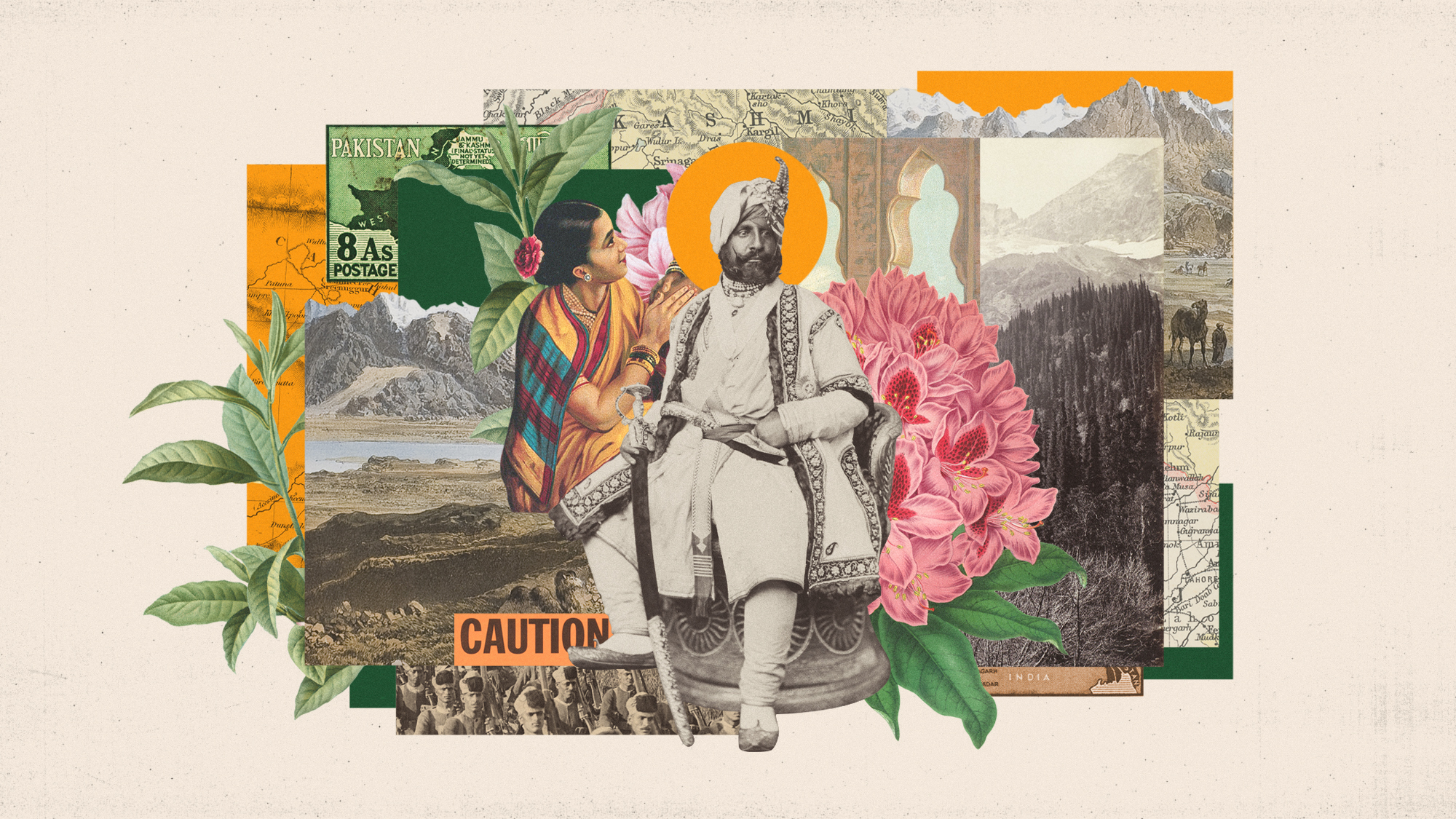Kashmir: India and Pakistan's conflict explained
Tensions reach boiling point in the disputed region after India launches retaliatory air strikes on its neighbour

A free daily email with the biggest news stories of the day – and the best features from TheWeek.com
You are now subscribed
Your newsletter sign-up was successful
India launched missiles into Pakistan on Wednesday in an escalation of tensions after militants opened fire on tourists in the disputed Kashmir region last month.
The attack took place in the Indian-administered part of the region and the 26 victims were mostly Indian tourists. Though Pakistan denies responsibility, the Indian defence ministry said its "Operation Sindoor" hit targeted sites within Pakistani territory used by the perpetrators – a group known as Kashmir Resistance.
Who controls Kashmir?
Control over Kashmir is split mainly between India and Pakistan. India controls a little over half of the region, while roughly a third is administered by Pakistan. China controls the remaining 15% – the desolate northeastern region of Aksai Chin, through which it built a strategically valuable road in the late 1950s connecting Xinjiang with the recently annexed Tibet in the south.
The Week
Escape your echo chamber. Get the facts behind the news, plus analysis from multiple perspectives.

Sign up for The Week's Free Newsletters
From our morning news briefing to a weekly Good News Newsletter, get the best of The Week delivered directly to your inbox.
From our morning news briefing to a weekly Good News Newsletter, get the best of The Week delivered directly to your inbox.
Kashmir is hotly disputed and has been since the partition of British India in 1947, with the first armed conflict between Pakistan and India taking place that year. Delhi and Islamabad claim rightful ownership over the entirety of Kashmir to this day, and tensions between the two nuclear states have increased in the last decade.
How did the dispute begin?
In 1947, Britain's former Indian colony was split into two independent states: Pakistan, a predominantly Muslim nation, and India, which is majority Hindu. The then ruler of Kashmir, Maharaja Hari Singh, ceded control to India in exchange for security guarantees. But the region was then attacked by militants from Pakistan, sparking the First Kashmir War.
That conflict, also known as the Indo-Pakistani War, lasted two years before the United Nations stepped in to negotiate a ceasefire. This resulted in a de facto division of Kashmir between India and Pakistan, called the Line of Control. The line was meant as a stopgap, "pending a more permanent political settlement", said The New York Times.
Have there been more conflicts since?
With no long-standing political resolution, there have been two further wars over the region. The second Kashmir war took place in 1965, sparked by a covert operation by the Pakistani military into Indian Kashmir. The conflict was brutal but lasted only a few weeks, with the US and Soviet Union helping to broker a ceasefire.
A free daily email with the biggest news stories of the day – and the best features from TheWeek.com
The most recent official conflict took place in 1999, though insurgencies and attacks had been a common feature in Kashmir in the intervening period. The Kargil War again began after Pakistani forces infiltrated Indian Kashmir. Although it was a short war – with India ultimately regaining control of the area – it was fierce, resulting in hundreds of casualties for both nations.
India and Pakistan also went to war in 1971 over the independence of Bangladesh, a conflict that led to talks aimed at improving relations between the two powers. One upshot of those talks was that the Line of Control in Kashmir was made permanent.
What's happened more recently?
Although there have been no further wars in Kashmir since 1999, the area has been blighted by small-scale insurgencies and terror attacks. In 2019, Delhi stripped Kashmir of its semi-autonomous status, as part of a wider security clampdown that attracted criticism from human rights groups. The Pakistan-controlled area, called Azad Kashmir, is officially self-governing but economically and administratively dependent on Pakistan.
The recent strikes by India represent the "most significant military actions in recent years", said India Today. Islamabad has called the attacks a "blatant act of war", leaving the prospect of further conflict in Kashmir on a knife-edge.
Richard Windsor is a freelance writer for The Week Digital. He began his journalism career writing about politics and sport while studying at the University of Southampton. He then worked across various football publications before specialising in cycling for almost nine years, covering major races including the Tour de France and interviewing some of the sport’s top riders. He led Cycling Weekly’s digital platforms as editor for seven of those years, helping to transform the publication into the UK’s largest cycling website. He now works as a freelance writer, editor and consultant.